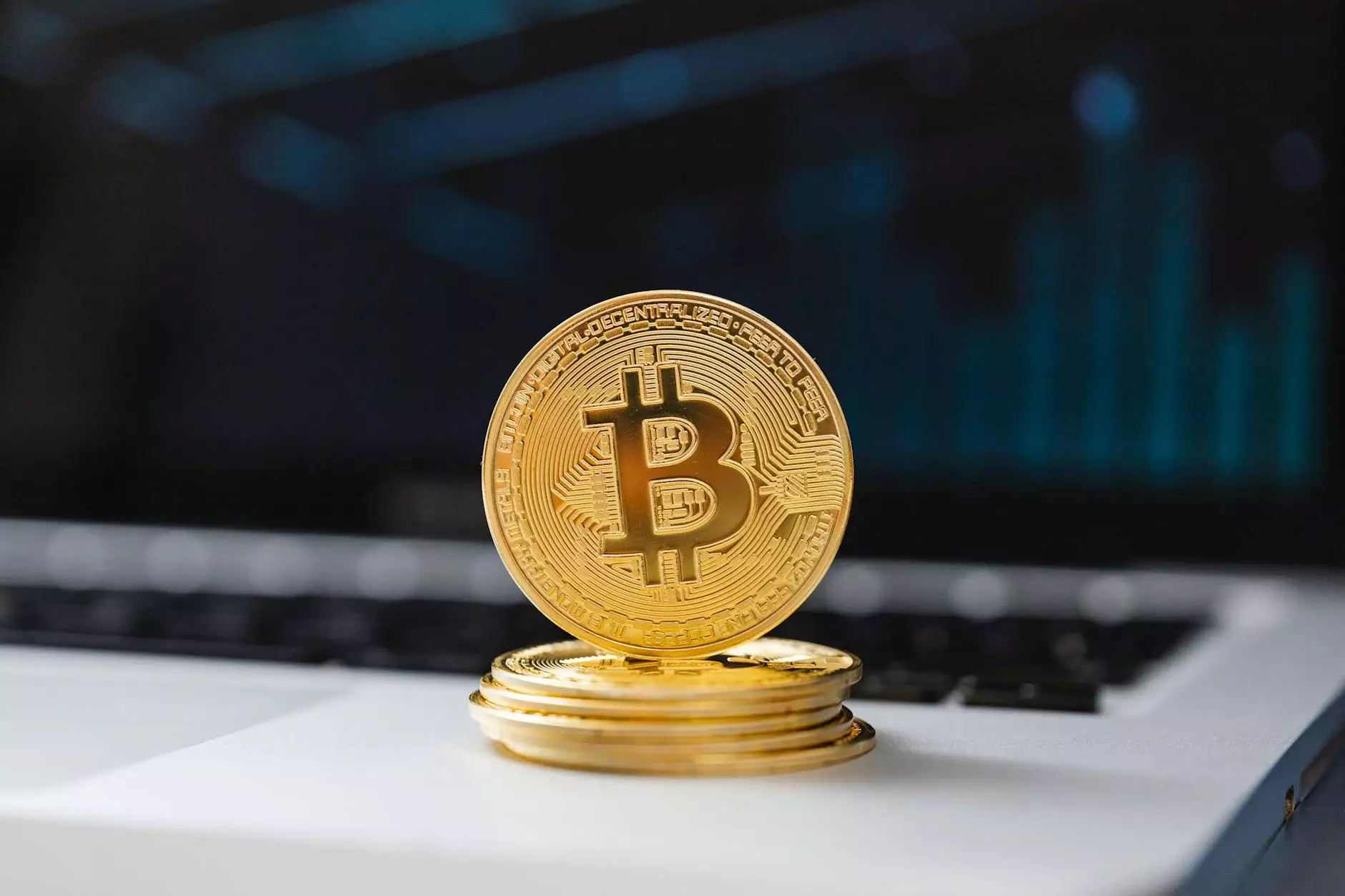The Crowdsale Phenomenon: A Deep Dive into Blockchain Fundraising

The term "crowdsale" has gained significant traction in recent years, primarily within the cryptocurrency and blockchain technology sectors. A crowdsale is fundamentally a fundraising mechanism that allows investors to purchase tokens or coins from emerging projects or startups. This innovative approach has transformed how new ventures access capital, enabling a more democratic form of funding.
Understanding Crowdsales
At its core, a crowdsale involves a decentralized fundraising initiative where project developers sell a specific number of tokens to the public in exchange for cryptocurrency, typically Ethereum (ETH) or Bitcoin (BTC). Here’s how crowdsales generally operate:
- Project Announcement: The project is announced to the public, often through various online platforms.
- Whitepaper Release: A comprehensive whitepaper is published, detailing the project's vision, technology, and tokenomics.
- Token Sale Launch: The crowdsale begins, allowing investors to purchase tokens within a specified timeframe.
- Distribution: After the sale ends, the tokens are distributed to the investors’ wallets.
Types of Crowdsales
Crowdsales can be classified into various categories based on their structure and purpose. Here are the most common types:
1. Initial Coin Offerings (ICOs)
Initial Coin Offerings are among the most recognized forms of crowdsales. In an ICO, a project issues a new cryptocurrency token in exchange for existing assets like Bitcoin or Ethereum. ICOs have been pivotal in funding numerous blockchain projects.
2. Token Generation Events (TGEs)
Token Generation Events refer specifically to the processes that occur when tokens are created and distributed. Although similar to ICOs, TGEs might involve pre-sale fundraising rounds.
3. Security Token Offerings (STOs)
STOs are a regulated means of conducting a crowdsale where the tokens issued are classified as securities. This appeals to traditional investors, as STOs often comply with applicable regulations.
4. Initial Exchange Offerings (IEOs)
IEOs are conducted on cryptocurrency exchanges, which act as intermediaries. These exchanges manage the sales process and verify the legitimacy of the projects, providing an additional layer of security for investors.
Advantages of Crowdsales
The popularity of crowdsales can be attributed to several advantages they offer to both project developers and investors:
- Accessibility: Crowdsales allow a broader audience to participate in investment opportunities that were previously restricted to venture capitalists.
- Lower Barriers to Entry: Investors can support projects with relatively small amounts of cryptocurrency, democratizing investment in innovative startups.
- Direct Investor Feedback: Crowdsales provide immediate feedback to developers from the community, allowing for rapid iteration of their products or services.
- Token Utility: Tokens acquired can often be used within the platform, creating a built-in user base and level of engagement.
The Crowdsale Process
Launching a successful crowdsale requires rigorous planning and execution. Below are the critical steps involved in organizing a crowdsale:
1. Defining the Project Concept
Clearly articulating the vision and the problem the project aims to solve is crucial. The concept should resonate with potential investors and lay the groundwork for a robust whitepaper.
2. Creating a Comprehensive Whitepaper
A whitepaper serves as the blueprint of the project. It should provide detailed insights into the technology, the development roadmap, tokenomics, and anticipated threats. A well-crafted whitepaper fosters trust and transparency.
3. Establishing a Legal Framework
Legal compliance is paramount. It's essential to engage with legal professionals who understand the regulatory landscape. Non-compliance can jeopardize the entire venture.
4. Marketing and Build Community
Effective marketing strategies and community engagement are crucial for a successful crowdsale. Utilizing social media, forums, and community platforms helps build anticipation and trust.
5. Conducting the Crowdsale
Once everything is in place, the crowdsale can formally begin. Clear communication about the terms, conditions, and timelines is necessary to avoid confusion among participants.
Challenges and Risks Involved in Crowdsales
While the opportunities in crowdsales are vast, there are several challenges and risks that both investors and project developers must navigate:
- Regulatory Risks: Different jurisdictions have varying regulations regarding cryptocurrencies and blockchain ventures. Compliance can be complicated.
- Market Volatility: The cryptocurrency market is notoriously volatile, and token values can fluctuate dramatically post-sale.
- Scams and Fraud: There have been several cases of fraudulent crowdsales or "rug pulls," where developers abscond with investors' funds.
- Technical Challenges: A successful crowdsale depends heavily on the underlying technology. Any technical glitches can lead to mistrust and lost funds.
The Role of Legal Services in Crowdsales
As crowdsales continue to grow in popularity, the role of legal services becomes increasingly critical. Companies like Eternity Law provide essential guidance in the following ways:
1. Regulatory Compliance
Legal experts can help projects understand the regulatory requirements specific to their jurisdictions, ensuring that all aspects of the crowdsale comply with the law.
2. Contract Drafting
Smart contracts play a vital role in crowdsales, defining the transaction's terms and conditions. Legal professionals ensure these contracts are airtight and protect all parties involved.
3. Dispute Resolution
In the event of disputes arising from the crowdsale, having legal representation can facilitate resolution, protecting the interests of both developers and investors.
Conclusion: The Future of Crowdsales
The crowdsale model represents a revolutionary shift in the fundraising landscape, democratizing access to investment while fostering innovation. As projects successfully navigate the complexities, the potential for these initiatives to create transformative technologies is substantial. Legal guidance from qualified firms like Eternity Law will be pivotal in ensuring these projects adhere to regulations and principles of equity, thus paving the way forward in the cryptocurrency ecosystem.
In summary, understanding the intricacies of crowdsales not only empowers investors but also enhances the strategic positioning of developers seeking to launch their visions. Embracing the crowdsale phenomena could very well lead to the next wave of technological advancement in the blockchain space.









